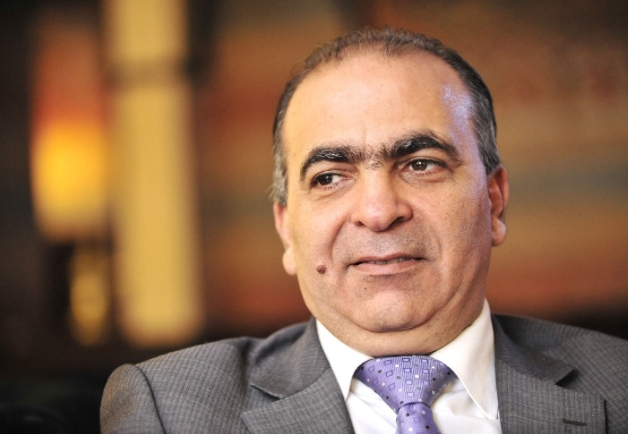The recent comments of Stuart Jones, the acting U.S. assistant secretary for Near Eastern affairs, on the presence of a crematorium in Sednaya Prison — and the Assad regime’s methods for disposing of torture victims there — do not suggest an emergency, but the disclosure has implications.
These statements come after similar American ones by President Donald Trump and high-ranking members of his administration after the Khan Sheikhoun incident, and the warning strike that targeted the airport from which the warplane was launched to carry out the attack. The American administration wanted to let all players know that after the Khan Sheikhoun crime its policy toward Syria required delivering the following messages:
To the Russians: Your monopoly over the Syrian issue has ended. To the Iranians: You must return inside your borders and forget your imperialist dreams based on sectarian strife in the region. However the most important message was to Syrian President Bashar al-Assad and senior members of the mafia his father established: Their end would be in the prisons of the Hague, after the United States and other countries determined that they had evidence proving the use of chemical weapons against civilians — a war crime which would not pass without accountability.
It seems that the American administration felt that its message after the Khan Sheikhoun chemical attack did not reach the recipients sufficiently. So Jones’ statements were issued to reconfirm the seriousness of these messages, especially after the Astana agreement which both Russia and Iran wanted to be a response to Trump’s recent messages.
But what comes after the statements?
Most readings indicate that the new American administration will insist on its previous messages about the end of Russian monopoly of the Syrian issue and the need for Iran’s mullahs to return inside their borders, and for an orderly departure of the Assad mafia to the prisons of the International Criminal Court. Assad has carried out what Israel wanted of him (destroy Syria, involve Hezbollah and Iran, and end any possibility of them being accepted as partners in the region) and Israel no longer objects to his removal. The Russians understand that this is what will happen and will try to reach a solution in Syria with the Americans ensuring a minimum of their interests.
The complexity and difficulty in how to achieve the orderly departure of the Assad mafia, which the Americans, Europeans and many decision-makers around the world are discussing, without exposing Syria and the region to the risk of falling into the hands of extremist Islamist groups, and how to ensure the stability of Syria after this departure, is an issue which requires strenuous and creative Syrian national efforts, which Syrians have not yet begun trying to exert.
This article was translated and edited by The Syrian Observer. Responsibility for the information and views set out in this article lies entirely with the author.


